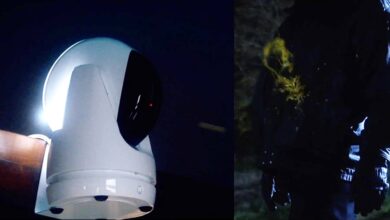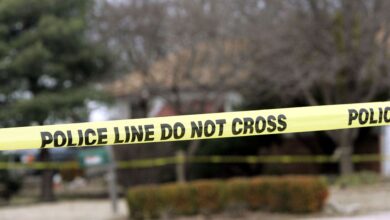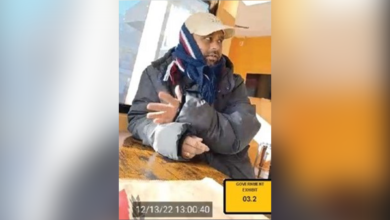How an Iraq War veteran coped with PTSD by using taste mindfulness and bourbon
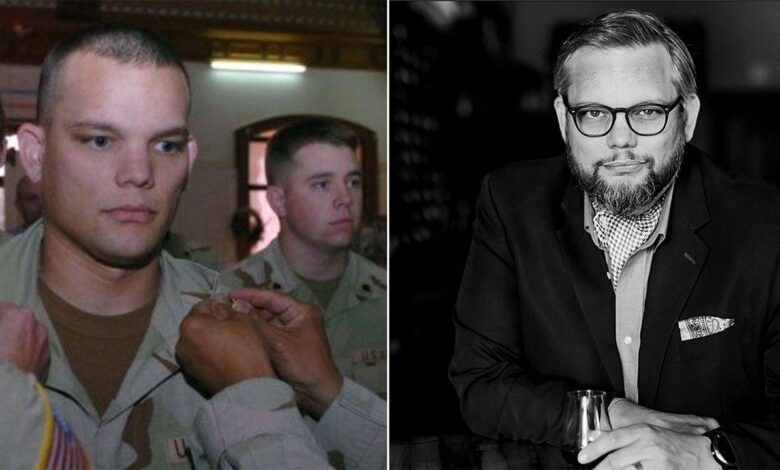
This story discusses suicide. If you or someone you know is having thoughts of suicide, please contact the Suicide & Crisis Lifeline at 988 or 1-800-273-TALK (8255).
An Iraq War veteran has used “taste mindfulness” to turn his life around — and forged a thriving career in the process, plus given others a way forward by his example.
When Fred Minnick of Prospect, Kentucky was stationed in Iraq on June 24, 2004, as part of a team known as Task Force Olympia, his role in situational and combative defense was to document civil affairs missions as an Army photojournalist.
With a weapon swung around one arm and a camera around the other, Minnick would set out with a team after the Iraqi insurgency bombed several police stations in northern Iraq.
COMBAT VETERAN AND HIS WIFE HELP OTHERS COMBAT PTSD — AND FIND HEALING AND HOPE
“I would be attached to infantry, special forces, civil affairs teams and my entire job was to document what was going on,” Minnick told Fox News Digital.
“My photography would be used to brief everyone from Donald Rumsfeld to our generals, and it would be used in the media as well sometimes.”
Rumsfeld served as secretary of defense under Presidents Gerald Ford and George W. Bush.
“Some missions were open, some were classified, some were just like going to a school opening,” Minnick said in an interview with Fox News Digital. “While we were in the middle of surveying these car bombs, one of our units was getting ambushed.”
As Minnick and other soldiers surveyed the area, a U.S. Army unit was fired upon by insurgents hiding out in mosques. Insurgents were resisting the occupation of Iraq with violent assaults on U.S. soldiers from houses of worship. At the time, mosques were protected sanctuaries but quickly became safe shelters for terrorists.
VETERAN OF IRAQ WAR SHARES INSIGHTS ON IMPORTANCE OF HONORING FALLEN HEROES THIS MEMORIAL DAY
It was Minnick and his team’s responsibility, however, to document the assaults from the holy places. In order to receive permission to engage, officials required documentation of attacks.
“This was our opportunity to gather proof that they were actually attacking us,” Minnick said. “I captured it and the fight was essentially over.”
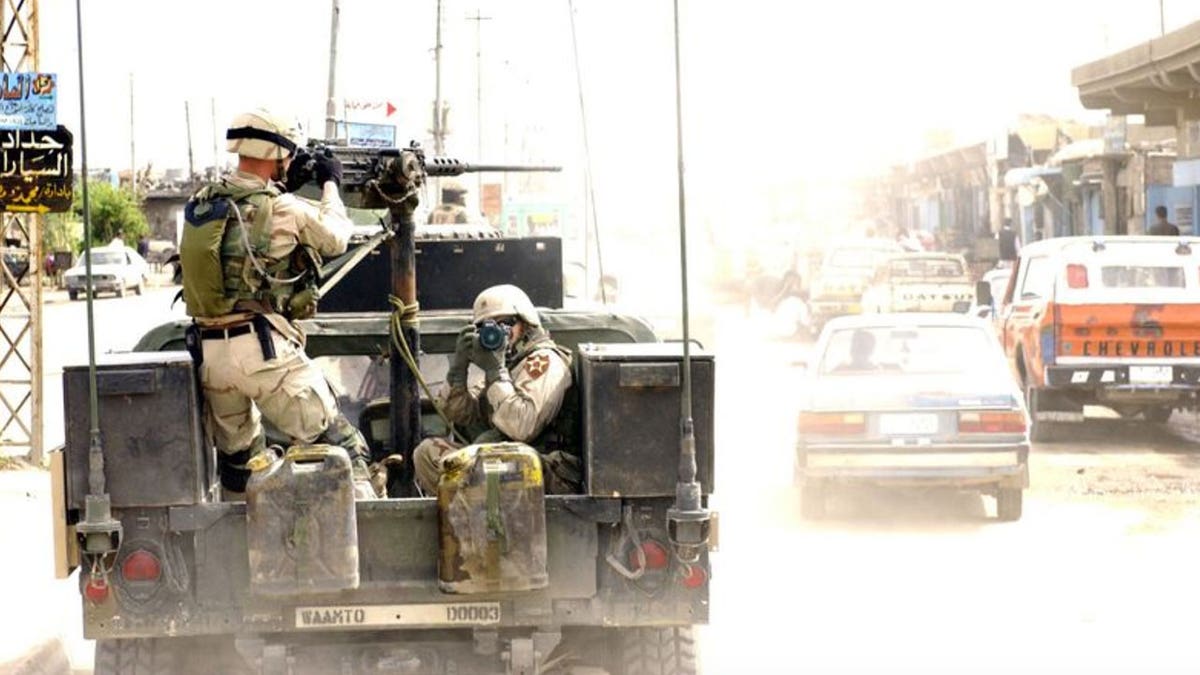
At this time, it was safe for the group to separate, so the main component of the unit left. As Minnick and others wrapped up equipment, a white van pulled up in close proximity to the team.
“There were several people who got out of the van,” Minnick said. “They started firing upon us, and one of the things that came through was an RPG.”
A Russian-made rocket-propelled grenade launcher, depending on the make, has an effective firing range of 10 up to hundreds of meters. Minnick was only 10 feet from where the round hit.
“I knew the air smelled different, people were different. I didn’t enjoy what I used to enjoy.”
“I was in the kill zone, and it did not explode,” Minnick said of the dud RPG. “We got in the vehicles, we took off, we eliminated the enemy, we still got fired upon — and the next 24 hours I still don’t even remember fully what happened immediately after that.”
WHAT IS PTSD? EXPLORE THE MEANING, SYMPTOMS AND COMMON TREATMENT OPTIONS
“The truth is I was different immediately after,” he said.
Though Minnick had been in many combative situations and narrowly escaped sniper rounds prior to June 24, he said this moment and memory broke him. His superiors began pulling him from missions, and he experienced warzone PTSD immediately.
“When I came home, I tried to get into therapy pretty quickly,” he said. “I knew the air smelled different, people were different. I didn’t enjoy what I used to enjoy.”
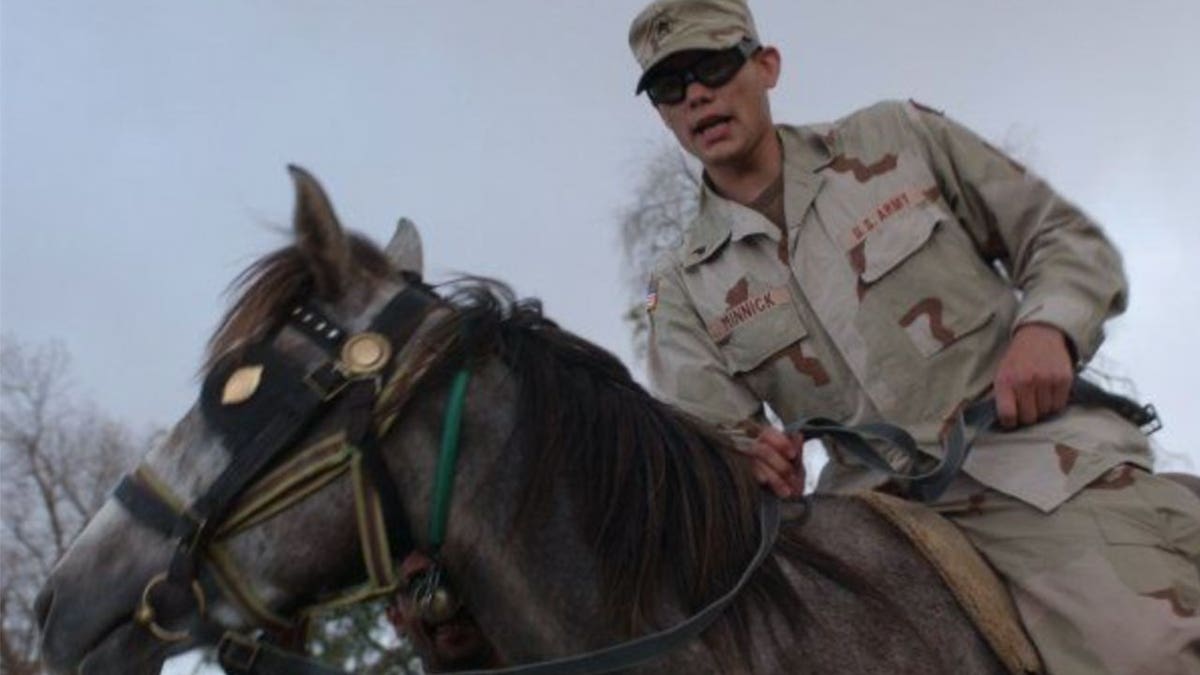
‘Knew I had to get help’
Minnick was a runner. Upon his return, he began running again as a coping mechanism until he injured his foot and could no longer even walk, let alone run.
Rage and suicidal thoughts consumed Minnick, so he sought medical assistance through therapists.
“The moment that I knew that I was either going to be dead, kill myself or end up in prison for hurting someone else — that was the moment that I knew I had to get help,” Minnick said. “It’s a pretty sobering moment when you look at yourself in the mirror and you know that there’s absolutely no person left of who used to be there.”
Practicing mindfulness was his preferred method of coping, and it led him to a successful career in the spirits industry.
After sifting through therapists who recommended medications, Minnick found the right doctor for his own personal needs. He worked through various types of treatment, including cognitive behavioral therapy.
For Minnick, practicing mindfulness was his preferred method of coping, and it led him to a successful career in the spirits industry.
BOURBON BOOM LEADS SOME ENTHUSIASTS TO SPEND THOUSANDS, BEND LAWS FOR RARE BRANDS
Minnick, a former wine journalist and Louis Roederer Wine Writer Awards nominee, was vastly in tune with his senses.
His doctor initiated awareness practices first with a quarter — then with a BBQ potato chip.
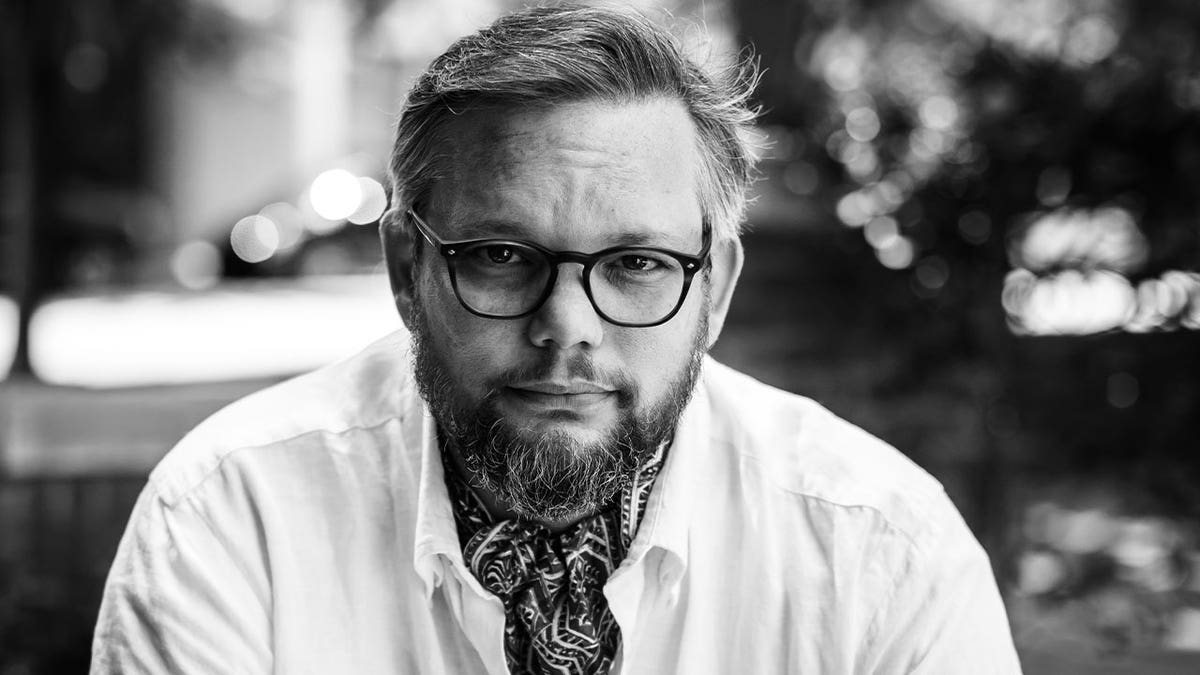
During a memorable session, she urged Minnick to close his eyes and focus on the separation of sugar and salt and how the chip broke into pieces.
“It turned on a part of my brain that was like, ‘You can actually taste things, you can taste things at a high level,’” he said.
“I became obsessed, absolutely obsessed with tasting.”
‘Still going to pick my kids up at 4 o’clock’
For Minnick, the point of mindfulness was to focus on his surroundings instead of the fear of snipers. As he walked the streets of New York City for years following the end of his tour in Iraq, he flinched at building tops in fear of shooters.
He used mindfulness both then and now to focus on the surrounding smells.
The reminders of June 24, 2004, have less of a hold on him today because of mindfulness.
Today, Minnick laughs about how New York City smells are so bad he can’t think about shooters.
Though Minnick says he will always feel the reverberating reminders of June 24, 2004, the moment has less of a hold on him because of mindfulness.
“Now, I can tell that story — and while there might be some difficult moments to get through, I’m still going to pick my kids up at 4 o’clock,” he said.
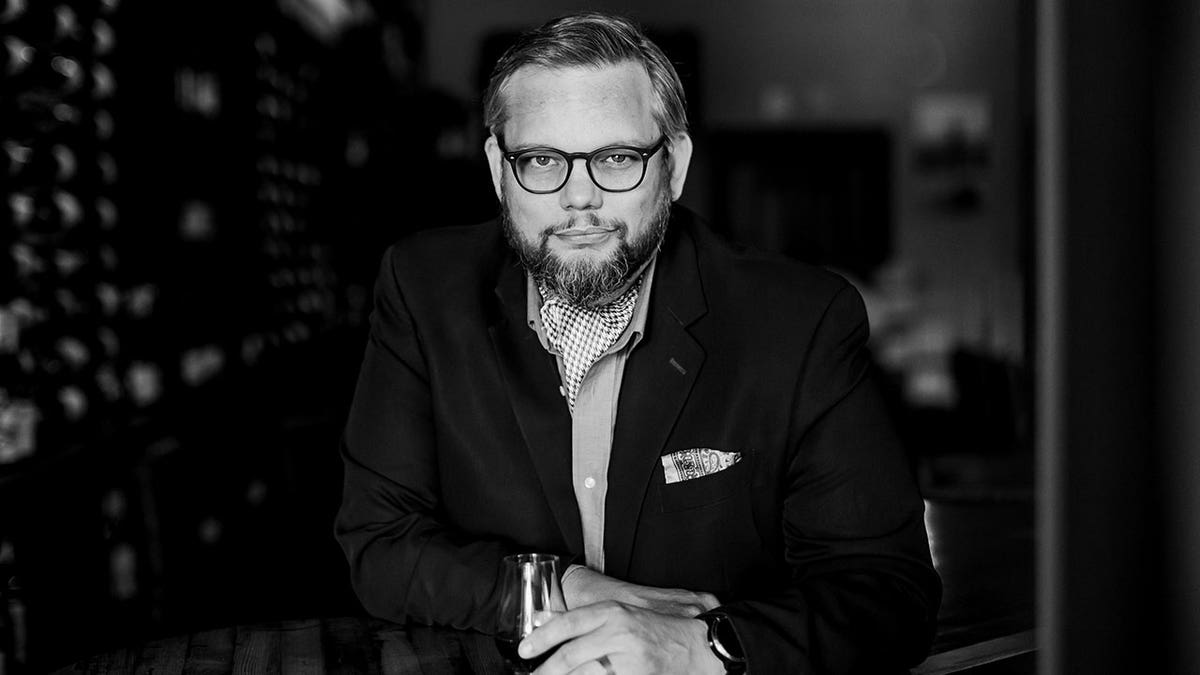
Minnick turned his mindfulness into a career and is a world-renowned spirits expert who has written seven books, co-founded the Bourbon & Beyond music festival and more.
He is a father and husband to his wife, Dr. Jaclyn Engelsher, whom he credits with saving his life.
“She is my everything,” Minnick said. “Jaclyn is everything to me. I was angry all the time, and she was the only thing in the world that could calm me.”
He also found solace in the bourbon community after choosing the spirits path over wine, a touch-and-go business decision over a decade ago.
“It’s a community that cares about America, and it cares about the people who served this incredible country.”
“I was never ashamed of my service, but I didn’t want to talk about it,” Minnick said.
“It was the bourbon community that made me realize that it was not something I should hide from — it was something I should be proud of.”
He added, “The minute somebody in bourbon finds out you’re a veteran, they thank you, they appreciate you, and they want to share a dram with you. It’s a community that cares about America, and it cares about the people who served this incredible country.”
And while Minnick became a master of bourbon himself, he encourages other veterans to find their own therapist and hobby, whether it’s scuba diving, quilting or something else, and to be comfortable evolving from it, too.
Minnick’s latest recreation is combative but defined and teaches both durability and consideration: Brazilian jiu-jitsu.
“There is a life that’s out there and there’s a hobby that’s out there,” he said.
Noting that “no one comes back truly whole,” he also said, “There is something that’s out there that can make you feel whole again.”
For more Lifestyle articles, visit www.foxnews.com.com/lifestyle.
Read the full article here

